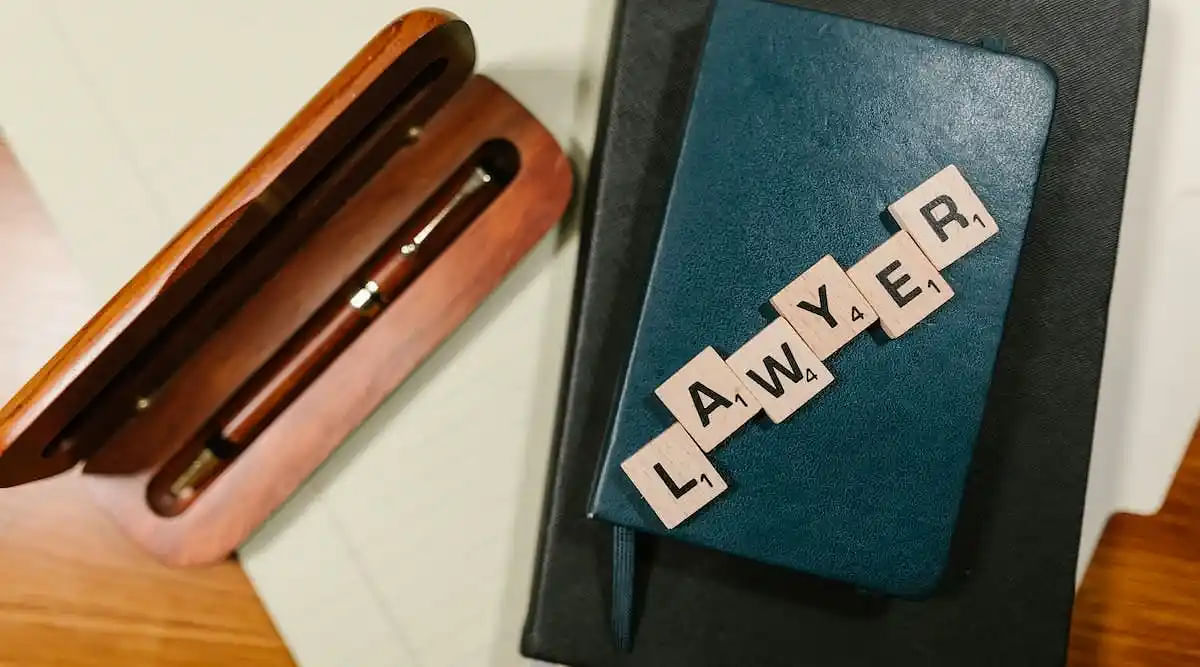JEE Mains 2022 Last-Minute Tips for Physics, Chemistry and Mathematics
With the first phase of JEE(Main) 2022 around the corner, the students should have an idea about the most scoring areas of the exam.
With the first phase of JEE(Main) around the corner, the students should have an idea about the most scoring areas, the strategy, the books one should follow, and other significant aspects that will help them score better.
JEE(Main) is an objective type paper consisting of three parts viz. devoted to each of the three subjects, i.e., physics, chemistry, and mathematics, not necessarily in the given order. Each part is further divided into two sections, section-A and section-B. Section-A consists of 20 MCQ with one option to correct type questions, whereas section B contains 10 numerical value-based questions, out of which only 5 are to be answered. All questions carry 4 marks, with -1 being awarded for each wrong answer and a total of 100 marks for each of the three subjects. Let us take them one by one.
Read More: JEE Main 2022 Admit Card for Session 1 Released @jeemain.nta.nic.in
PHYSICS
JEE Main Physics is considered to be one of the most challenging sections for a lot of aspirants. Many of the questions asked in JEE Main Physics can be solved by the direct application of one or more underlying concepts. So, it’s very important to understand the strategies to apply physics concepts in an effective and quick manner.
STRATEGY FOR THE EXAM
- Skim through the paper during the start and pick questions that you find easiest to solve. Out of these questions, fill out the answers on the OMR sheet only for those questions about which you’re highly confident.
- Never do any guesswork during the exam. It always leads to negative marks and hampers the chances of getting a good score.
- Always allocate less than 1 hour to the Physics section. This will save you a lot of time for the lengthier sections of the paper.
- Do not let the exam environment overwhelm you. Always keep yourself relaxed and free of panic.
IMPORTANT BOOKS
- NCERT textbooks
- NCERT Exemplar Problems
- HC Verma “Concepts of Physics” – Volume 1 and 2
CHEMISTRY
The chemistry part is considered to be the easiest by a majority of students because of its fact-based content. Also, a substantial number of questions can be solved by memorising the content. Marks scored in this part can be a rank decider. Moreover, almost every question is NCERT based, so going thoroughly through NCERT books holds the key.
STRATEGY FOR THE EXAM
For securing a good rank in JEE(Main), doing well in chemistry is vital. Following tips can certainly be helpful.
- Prior to a week before the exam, devote 2 hours to organic chemistry, 2 hours to inorganic chemistry and one hour to physical chemistry daily to brush up on your facts and tricks.
- Afterwards, try to attempt the chemistry part first within the first hour as it includes some easy questions. Those easy pickings will make you feel confident and will be a great morale booster for mathematics and physics options.
- Then, take notice of all the mistakes you make in your practice papers and remove them at the first opportunity.
- Every chapter in chemistry has a different tone and tenor. Reach up to it and note its peculiarities. Take notes and revise them after regular time intervals.
IMPORTANT BOOKS
Some of the books are given here for reference:
- NCERT and NCERT Exemplar
- JD Lee (Inorganic Chemistry)
- Peter Syke and Solomen Fryle (Organic Chemistry)
- Atkin (Physical Chemistry)
MATHEMATICS
The mathematics section of the JEE Main exam is considered the most challenging by many JEE aspirants. Also, many fear this subject while many others like it. To score well in mathematics, students need to practice regularly and as much as possible.
PREPARATION STRATEGY
The following points will serve as a centrepiece in the course to a better preparation strategy.
- Understand the derivations deeply.
- The pattern of the solution to a problem must be worked upon. A typical question often requires a combination of various concepts and their intertwining.
- It is further emphasised that at least 80-100 problems must be practised daily to keep oneself in good nick. Then, a single good source containing a larger number of questions is much more effective than having multiple sources.
IMPORTANT BOOKS
- NCERT Exemplar
- Complete Mathematics by TMH Publications
- A Problem Book in Mathematical Analysis by GN Berman
- The Elements of Coordinate Geometry Part-I by S.L Loney
- Plane Trigonometry by S. L Loney




